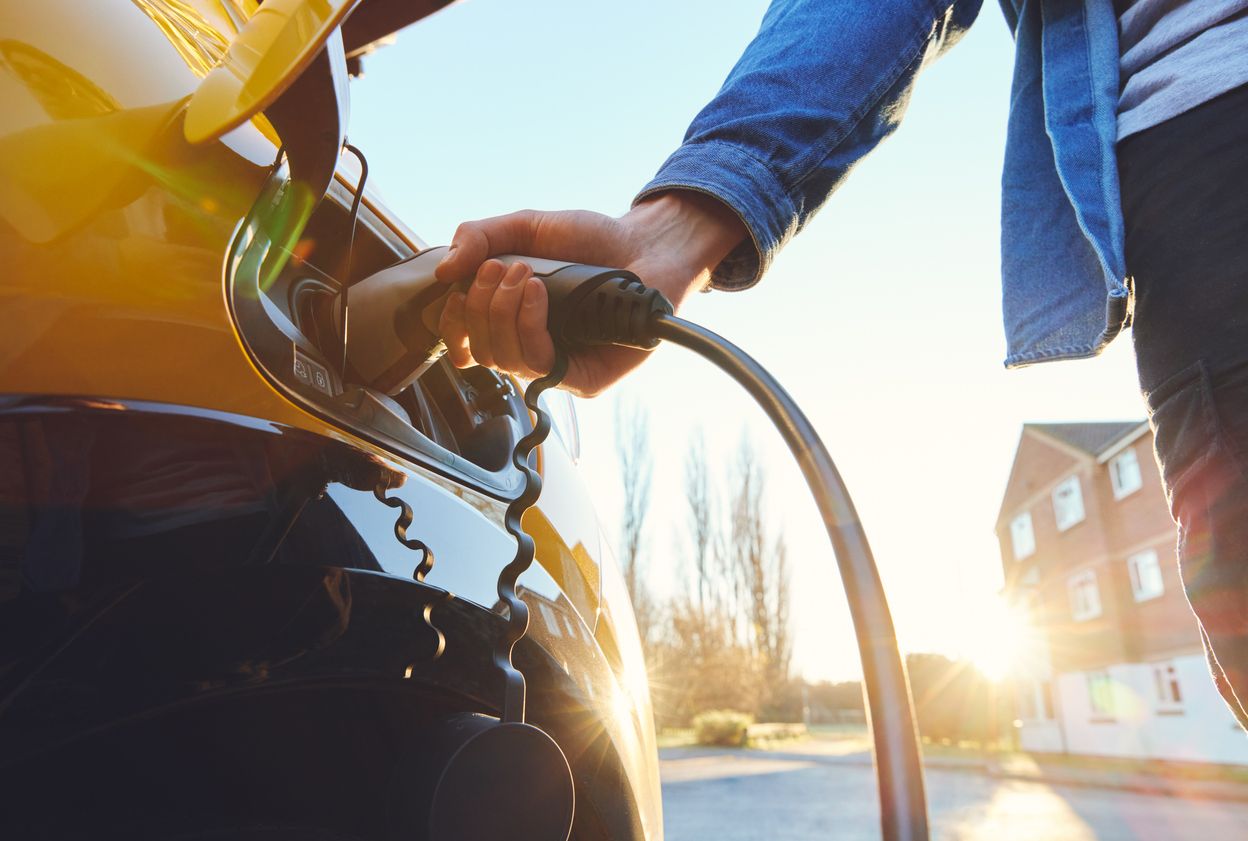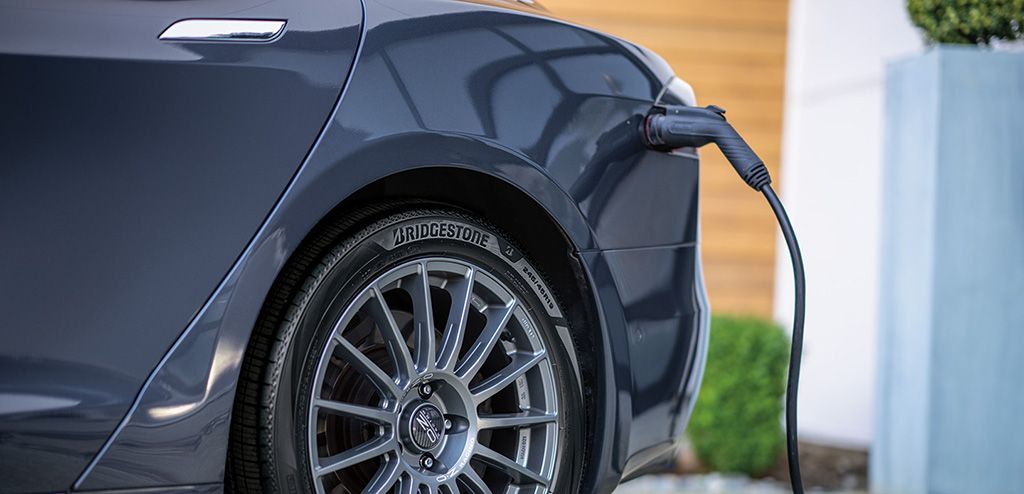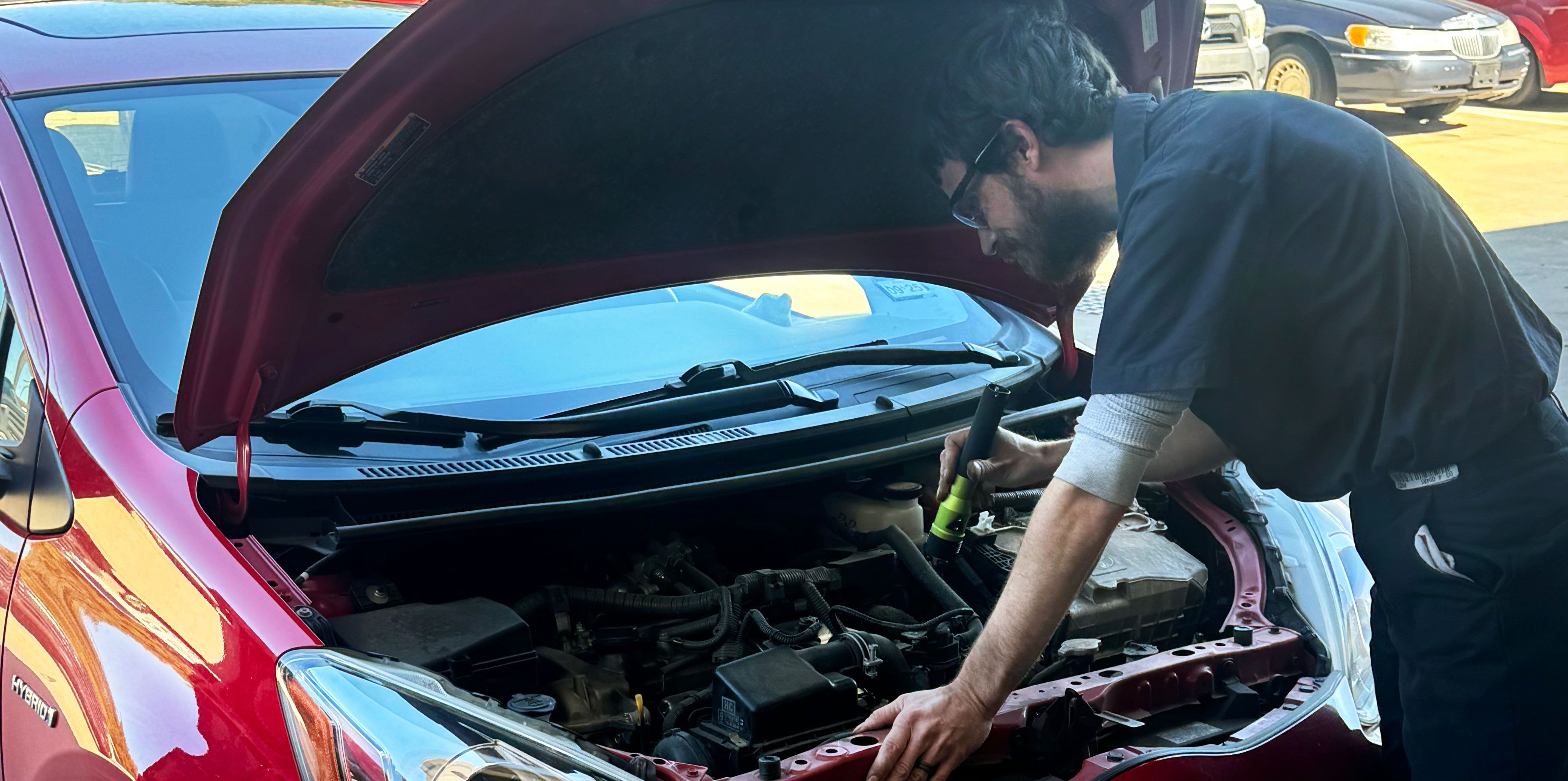Investing in an electric or plug-in hybrid electric vehicle is a big step, so just like any other car or investment, protecting and prolonging its life is essential! The first step in helping to extend the life of your electric car is through the battery. The primary way to affect the lifespan of your EV battery is through your charging habits.
This guide to EV charging may help you optimize your battery life, improve your charging habits, and more. EV Charging 101 class is now in session – let’s get started!
EV Battery Charging Best Practices
Every electric vehicle is different, so always consult your owner’s manual for specific information about your make and model.
1. Charge regularly, but not too often.
Lithium-ion batteries (like those in most EVs) are finite, with limited charge cycles. That means each time you charge your battery, its lifespan and charging capacity may become slightly shortened. Constantly charging to keep the battery State of Charge (SOC) at 100% without allowing it to fully cycle close to 0% can reduce its overall longevity. Likewise, never fully charging the battery and always running it at a lower percentage, close to 0%, can also affect its lifespan.
Your EV battery needs regular charge cycles, but not too many! You may wonder, “Can I leave my EV plugged in overnight?” Plugging your EV in every night is not ideal if the SOC is still close to 100% since this does not allow the battery to cycle fully. Keep reading to learn about the charging sweet spot and how it can help prevent common EV issues.
2. Know when to charge your battery.
So, if you shouldn’t charge your vehicle every night, when should you charge it? Though all EVs are different, generally speaking, lithium-ion batteries perform best and last longest when kept in the 20-80% charge range. Many newer models have software that cuts off charging at 80% to help prolong battery capacity.
3. Avoid fast charging in extreme temperatures.
Fast charging at extremely high or extremely low temperatures can impact battery capacity in the long term by accelerating internal chemical reactions and rapidly heating the battery pack.
However, many EVs have features to work around this, including cold weather modes that help keep the battery warm and adjustments for hot weather that keep the battery cool. Consult your vehicle’s manual for information about these features. Still, it’s important to note that they may cause a decrease in range as the battery uses energy to keep itself at the optimal temperature.
4. Limit quick-charger use.
There’s significant debate about whether or not using fast chargers harms EV batteries in the long term, especially newer models with software designed to optimize battery life. Since the long-term effects of fast chargers are still being studied, it’s best to use fast chargers sparingly.
5. Plan ahead for long trips.
As mentioned, constantly charging your battery to 100% and never fully discharging it close to 0% can affect its lifespan. Plus, a fully dead battery can mean a call to a tow truck for you! When you’re going on a long road trip and know you’ll have to charge your EV several times, plan ahead. Check the locations of chargers along your route before hitting the road.
7. Maintain the vehicle and battery.
Though you can skip out on oil changes on most EVs, your vehicle still requires regular maintenance. It’s essential to bring your vehicle to your local shop for routine inspections, including battery check-ups, tire rotation, brake inspections, and cooling system inspections.
Firestone Complete Auto Care Can Help Keep Your EV Battery Going!
Maintaining good EV charging habits can make or break the longevity of your car and battery. To ensure your ride is properly taken care of and running efficiently, contact your local Firestone Complete Auto Care to confirm EV services in your area. From high-voltage battery diagnostics and routine check-ups to general maintenance for your brakes and alignment, we've got you covered. Schedule your appointment today!



